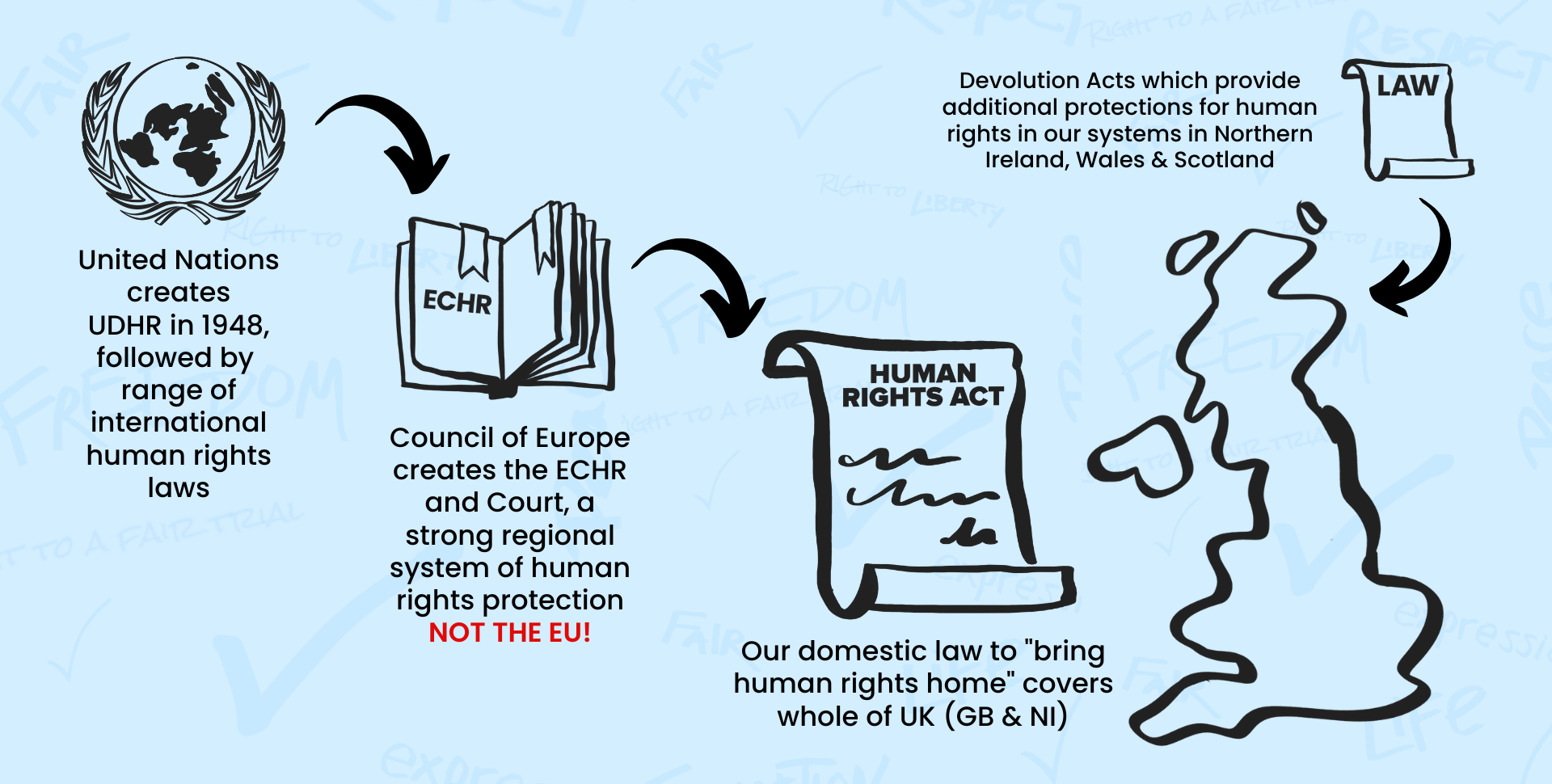12-year-old David, who had spastic quadriplegia and severe learning disabilities, went into hospital because he was struggling to breathe. Doctors gave him diamorphine to make him more comfortable but his mother, Carol, didn't want this as she worried it would make breathing harder and stop him recovering. She wanted assurance David would be resuscitated if needed but the hospital put a "Do Not Resuscitate" order on his file without telling her. One day, when David's family went to visit him, they found his condition had deteriorated drastically. They tried to resuscitate him by "blowing raspberries in his ears, banging his chest and rubbing his arms and legs very vigorously". Doctors tried to stop them and a fight broke out. While this was happening, Carol was able to resuscitate David. His condition continued to improve and he was able to go home the same day.
Carol took the hospital to court in the UK, saying the decision to administer diamorphine against her will and to put the "Do Not Resuscitate" order on David's file without telling her breached both her and David's Article 8 rights to private and family life. She asked UK courts to review the decisions made by the hospital against her wishes and without getting a court order but the court said it couldn't do this as the situation had passed and wouldn't be likely to happen again. She was refused permission to appeal in the UK so took her case to the European Court of Human Rights (ECtHR).
The ECtHR said the hospital should have applied to the court for an order about how to proceed with David's treatment before things escalated to the point they did. By failing to do so, they disproportionately interfered with Carol and David's rights when they didn't have to. Judge Casadevall also recognised the severity of the Do Not Resuscitate order, particularly as David was alive six years after it was issued: "in the particular circumstances of the present case, maternal instinct has had more weight than medical opinion".
Because of the ECtHR's finding, the Department for Health issued updated guidance for medical practitioners explaining that parental refusal should only be overridden in an emergency and where there is ongoing disagreement between parents and doctors, courts should be consulted as early as possible.









